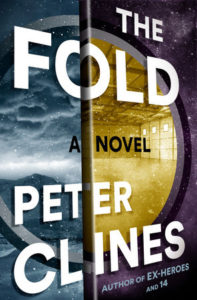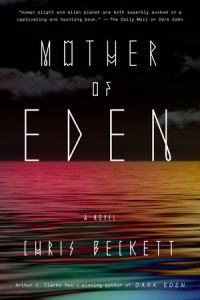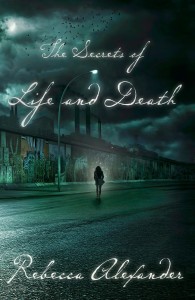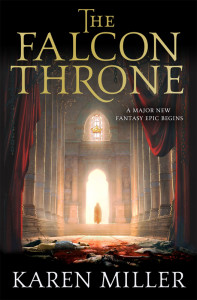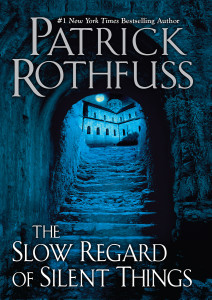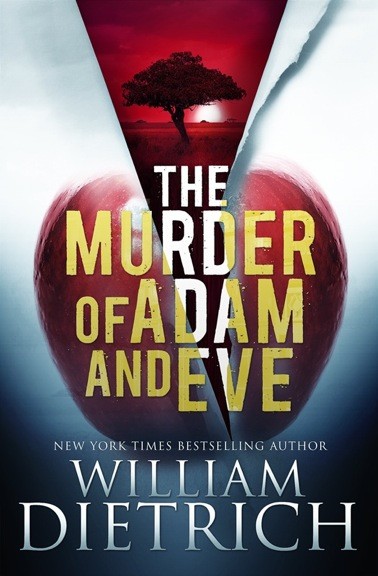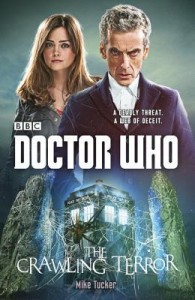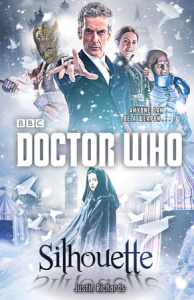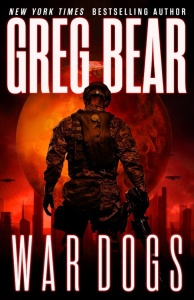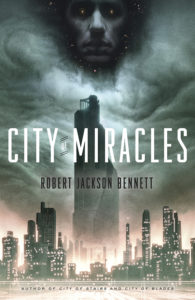
Before continuing, please note that this is the third book in “The Divine Cities” trilogy. Before reading this novel, it would be a good idea to have read the previous two. There is also a chance that there may be spoilers below. It has been a few years since the first book, so I’m not 100% sure. Here is my review for the first book, City of Stairs by Robert Jackson Bennett. I am a little shocked that I never posted a review of City of Blades though. I had the opportunity to meet the man himself and receive a signed ARC. If I get the chance, I will have to gather my memories and get that one up as well. If I do, I will edit this and link it here. Sufficed to say, I love the first book and really like the second as well. For now, let us move on to the third book.
Rounding out his trilogy, Robert Jackson Bennett give us City of Miracles. What a way to end the series. We return to the Continent to rejoin our favorite Dreyling, Sigrud je Harkvaldsson. It has been a number of years since the events at the end of City of Blades and Sigrud is still a fugitive, hiding away, doing odd jobs, and hoping Shara Komayd contacts him. (Okay, so kinda spoiler alert here, but not really, the following takes place in the first 10 pages, even before what I already introduced. It is on the book jacket and all previews, reviews, descriptions, etc.) While working one of these jobs in exile, Sigrud receives the news that his long time friend and partner has been assassinated. He now has one goal, the same one that got him into the predicament he is currently in, revenge. One of the most effective operatives to ever work on the continent returns from hiding to get justice for his old friend.
As one may guess from being the final book in “The Divine Cities” trilogy, Sigrud will have to tackle the divine once again, this time without direct help from Shara, the one who always the the knack for it. A spy’s job is never quick or easy though. Killing a target is simple. Uncovering what is happening behind the scenes and bringing everything to a stop will prove to be one of Sigrud’s most challenging operations yet. I feltthat this novel nicely wrapped up the series with another fantastic and epic story. The plot brought me right back to City of Stairs, with a very familiar feeling.
The characters were very well developed, even Sigrud, who we have known well through two prior books, got excellent additional depth. The world building was also very interesting. We already know many of the locations from the earlier novels, however the landscapes have changed significantly enough through advancements and industrialization, that the familiar names have all new features. With the divine, settings can (and do) change in the blink of an eye as well. The enjoyment level, as I mentioned, brought me right back to City of Stairs, and to me, was more enjoyable than City of Blades, which I also really liked. I give City of Miracles a 5/5, easily. If anyone has read any of the trilogy, you absolutely must complete it. If you have not yet begun the series, I highly recommend it.
The end of anything tends to be a little sad, but this novel, both with knowing it was over, and the actual content left me quite sad, though with a juxtaposed happiness for world and the accomplishments of the characters we grew to know and love. Those sort of feelings only come from a well written, well balanced story that creates emotional bonds between the world, the characters, and the readers. I for one thoroughly felt this bond and I will be watching out for Robert Jackson Bennett’s novels in the future, hoping for a similar experience.
Disclaimer: I received this review copy through Blogging for Books in exchange for an honest review.

